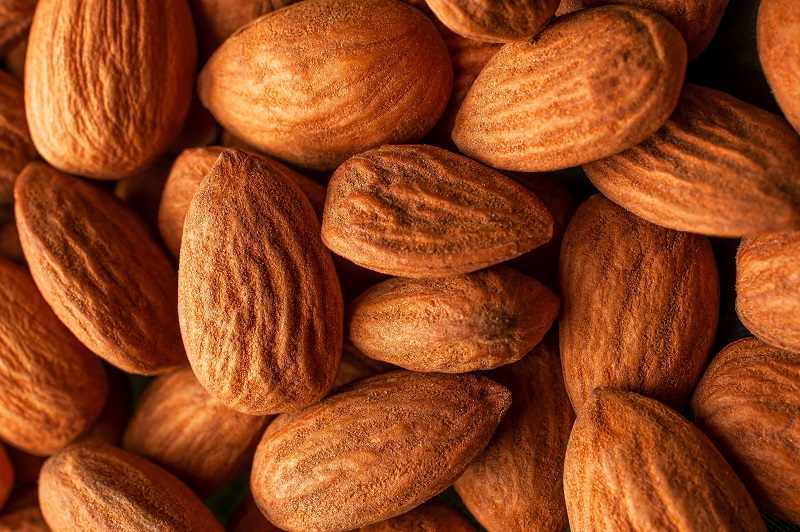First HLB Bacteria Found in California Commercial Citrus Grove
An Asian citrus psyllid (ACP) sample – confirmed positive for Candidatus Liberibacter asiaticus (CLas), the bacteria that causes Huanglongbing (HLB) – was recently collected from a commercial citrus grove in the Woodcrest area of Riverside County in California.
The find, a single adult psyllid, which was reported Friday by California’s Citrus Research Board (CRB), was confirmed by the CRB’s Jerry Dimitman Laboratory. It is the first CLas-positive ACP found in a commercial citrus grove in California.
While a positive ACP detection in a commercial grove is cause for serious concern, the CRB says HLB itself has not been detected in any California commercial groves. However, the CRB states that in the wake of the recent find it is more crucial than ever to stop the disease from spreading by eradicating the ACP in commercial groves. The cost to manage the ACP is far less than any potential costs or loss to the industry should HLB take hold throughout our state.
An expansion of the HLB quarantine zone will not be established as a result of the CLas-positive ACP detection, but the California Department of Food and Agriculture is swiftly conducting surveys and collecting samples per the ACP/HLB Action Plan from the perimeter of all commercial groves and all residential HLB host plants that are located within a 250-meter radius around the find.
While treatment is not mandatory as a result of the detection, the CRB says all growers within 250 meters of the find site will be notified to apply insecticides to all HLB host material within the designated area with materials recommended by the University of California (UC).
Currently, the best way to stop the disease from spreading is to stop the ACP by restricting its movement and suppressing existing psyllid populations. The CRB says it is critical to follow best practices and review recommendations from the UC on how to protect commercial citrus groves from HLB. Regulations are in place to help prevent the spread of the pest and disease. All growers, packers, and haulers must comply with all state, county, and federal regulations, including quarantines.
Growers in Riverside County may contact the County Agricultural Commissioner’s office or the CDFA Pest Hotline at 800-491-1899 for additional information. Any growers who see or suspect ACP or HLB symptoms in their groves are urged to call the CDFA hotline.










